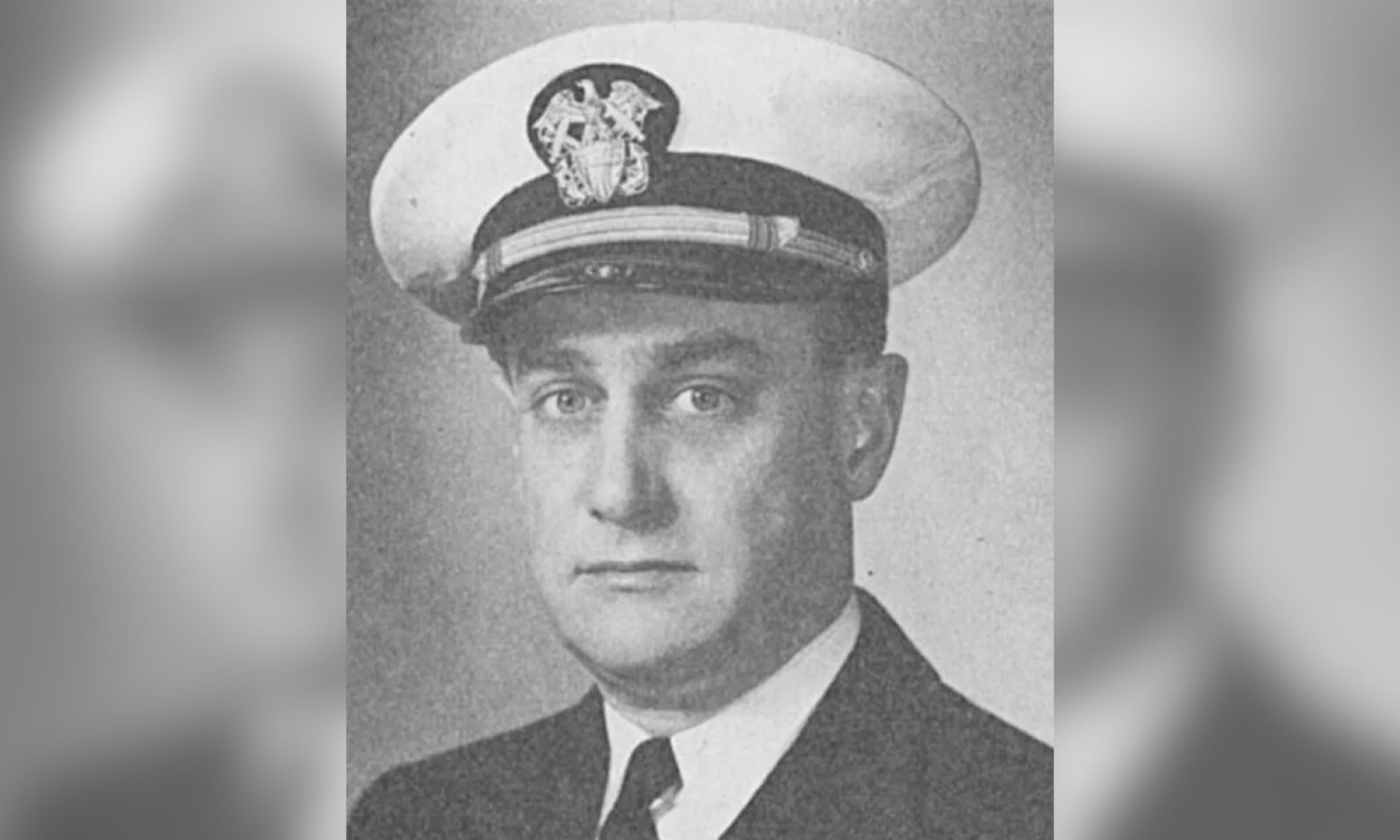For the first time in three years, airmen have a chance to weigh in on how they think the Air Force is doing.
The Total Force Climate Survey is taken online and is open to active-duty airmen, Air National Guard, Air Force Reserve and civilian employees. The Air Force said it takes about 20 minutes to complete, and covers issues such as resources, recognition, job satisfaction and unit performance.
"This is a great opportunity for airmen across the Air Force to provide feedback to their leaders," acting Air Force Survey Office chief Brenda Gainey said in a release last month. "By completing this survey, you can help your leaders target trouble areas within your organization. You are the best source of information about what is working and what needs improvement."
But the window for responding is closing fast. Here are five things you need to know:
What is the deadline? The survey opened March 13, and it will close on April 27.
Is this survey anonymous? Yes. The Air Force said all survey responses are confidential. Unit reports contain only demographic information regarding service component and whether the person taking the survey is an officer, enlisted airman or civilian. If fewer than seven people from a component or an officer, enlisted or civilian status respond, the Air Force said results will not be broken out at the unit level. Those responses will roll up to the next unit level.
What is the Air Force hoping to learn? Questions about deployments and their effects on home stations are a key portion of the climate survey. The survey asks how many airmen from the survey taker's section were deployed in support of a contingency operation over the last year, and whether the workload, duty hours and stress levels have increased for those remaining behind at the home station and by how much.
How about leaders? The survey has several questions about the fitness of Air Force leadership, from the front line to the highest-ranking brass. It asks airmen whether they feel Air Force senior leaders are sincerely trying to communicate and develop individuals and are concerned for their well-being, and whether they hold people accountable for their actions, provide enough information on long-term strategies and live up to Air Force values and ethical behavior standards.
The survey also asks airmen if they think unit senior leaders contribute positively to the unit's performance, share important information, are concerned about unit members' well-being, treat people fairly, and are committed to improving morale.
As for airmen's immediate supervisors, the survey wants to know if they are concerned about their airmen's well-being, treat subordinates fairly, clearly communicate performance expectations and provide useful feedback, acknowledge when airmen have done a good job, help with barriers obstructing airmen from getting the job done, and give airmen chances to show leadership skills.
What about mental health? Questions about suicide prevention and mental health are also prevalent in the survey. One question asks airmen if they would feel comfortable talking to someone in their unit or supporting agencies if they felt suicidal, and if their friends, family and co-workers would support them seeking care. It asks if immediate supervisors, unit leaders, major command commanders and Air Force leaders are genuine in their efforts to prevent suicide.
The Air Force did not release the survey's MAJCOM-specific questions.
Stephen Losey is the air warfare reporter for Defense News. He previously covered leadership and personnel issues at Air Force Times, and the Pentagon, special operations and air warfare at Military.com. He has traveled to the Middle East to cover U.S. Air Force operations.





